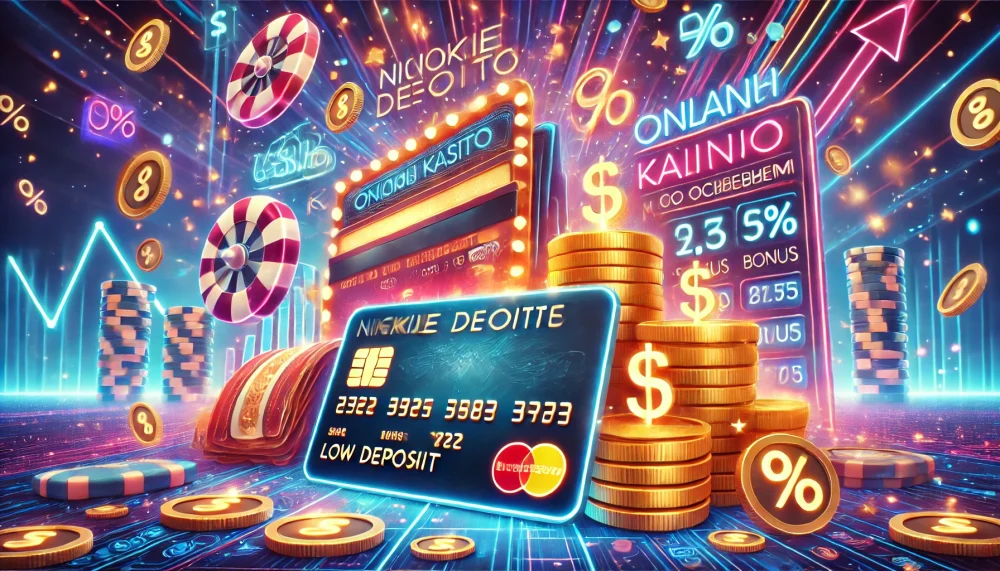Online blackjack has long ceased to be a niche entertainment. With the emergence of hybrid platforms, cryptocurrencies, and decentralized payments, the demand for anonymous sessions has grown exponentially. The question of whether it is possible to play anonymously in an online casino in 2025 is not idle, especially in the face of tightening legislation in Europe, Asia, and the CIS countries. Classic platforms require registration, identity verification, and tax transparency. However, an alternative sector has already formed in the gaming industry: operators without mandatory verification, cryptocurrency platforms, and hybrid models with partial anonymity.
Access options: how to play anonymously in an online casino without leaving a trace
Developing an anonymous account in 2025 depends on several factors: the platform’s structure, deposit methods, registration mechanism, and the amount of data provided. The ability to play anonymously in an online casino is determined by the technical stack of the platform itself. On sites without KYC verification, players do not provide passport details, do not attach a bank card, and do not undergo video identification. Instead, the platform offers entry by nickname, payment in cryptocurrency, and an interface without geolocation. Such solutions are more common in blockchain casinos licensed in Curacao with a flexible system of smart contracts.
From registration to withdrawal: can you play anonymously in an online casino
A player’s journey begins with creating a profile. Whether you can play anonymously in an online casino without verification depends on whether you need to confirm your email, IP, or phone. Some platforms offer a guest mode, but access to table games, including blackjack, is usually only granted after the first deposit. Legal operators at this stage request a passport and banking details. Cryptocurrency casinos, on the other hand, allow deposits without authorization but require KYC for large withdrawals. The verification threshold ranges from $1,000 to $5,000, depending on the jurisdiction and operator’s license.
List of platforms with real anonymity in 2025
Whether you can play anonymously in an online casino is determined by the experience of real players. In the 2025 rankings, crypto operators and hybrid models without strict KYC policies consistently lead:
-
Stake.com – integration with Bitcoin, no KYC until withdrawal of $2000.
-
BC.Game – registration by nickname, extended deposit limits in Ether.
-
Roobet – built-in TOR and VPN support, minimal data at the start.
-
Metaspins – blockchain-based, 100% decentralized transactions.
-
Vave – anonymous tokenized accounts, flexible withdrawal limits.
These casinos offer table games, including blackjack, without mandatory identification at the entrance. The interface includes options for instant deposits in cryptocurrencies, no email binding, and offline balance storage.
The role of cryptocurrencies: Bitcoin and anonymous casino gaming
Playing anonymously in an online casino without using cryptocurrencies is practically impossible. Bitcoin, Litecoin, Ethereum, Monero, and other altcoins have formed a separate category of anonymous transactions. Payments do not require the sender’s name, the card is not involved in the calculation, and the wallet address can be easily changed. In 2025, cryptocurrency deposits remain the main condition for launching anonymous casino gaming. Transaction protection is ensured by blockchain protocols. The player receives a unique address that cannot be linked to a real name without a court order or the user’s own mistake.
Curacao License: Admission or Loophole?
The absence of a license disrupts the gaming balance and reduces legal protection. However, in 2025, a Curacao license provides a compromise. The operator gains legal status but is not required to collect player data unless violating AML rules. Curacao allows working with cryptocurrencies, permits a flexible KYC policy, and does not block IP addresses based on geographical location. This makes the license a priority for platforms focused on anonymous blackjack gaming.
Technical security measures: Does IP and browser preservation maintain anonymity?
Whether you can play anonymously in an online casino if the site tracks cookies is a practical question. Players use VPNs, TOR browsers, anti-detection programs, and devices with separate sessions. In 2025, operators are increasingly implementing behavior trackers: cursor movement, typing speed, timestamps. Therefore, mere lack of registration does not guarantee complete anonymity. The optimal solution is to use a wallet through a hardware device, log in via a secure protocol, and regularly change your IP address. This way, even with log analysis, it is difficult to reconstruct a player’s digital profile.
Security and legal implications: Can you play anonymously in an online casino
In most jurisdictions (including Russia, Germany, France, Canada), players are not required to provide their full name when placing bets but must declare significant winnings. Platforms operating without verification do not file tax reports, and the responsibility is shifted to the player. This is important to consider when withdrawing winnings: if the amount exceeds the tax threshold, banks block transactions and request a source of income. Without verification, confirmation becomes difficult.
Players and reviews: How do they evaluate anonymous blackjack gaming in 2025
Whether you can play anonymously in an online casino without risking funds is determined by practice. In 2025, reviews show two trends: some players value complete freedom, while others fear losing control. Anonymity limits access to support, cashback, VIP programs. However, for those who prefer complete confidentiality and minimal digital footprint, crypto casinos without verification become the ideal solution. Users highlight instant payouts, no blocks, and minimal bureaucracy.
Conclusion
Online blackjack is not just a card game but a test of digital literacy. Whether you can play anonymously in an online casino in 2025 depends on the chosen approach. Players have a choice: full control and transparency or cryptocurrency anonymity and lack of control. The world of hybrid platforms offers a compromise: quick registration, cryptocurrency, ID-free gaming, and jurisdiction selection. The answer is yes, but only if you follow digital hygiene rules and understand the risks.
 en
en  ru
ru  de
de  ar
ar  es
es  hi
hi  fr
fr  nl
nl  it
it  pt
pt  el
el 









